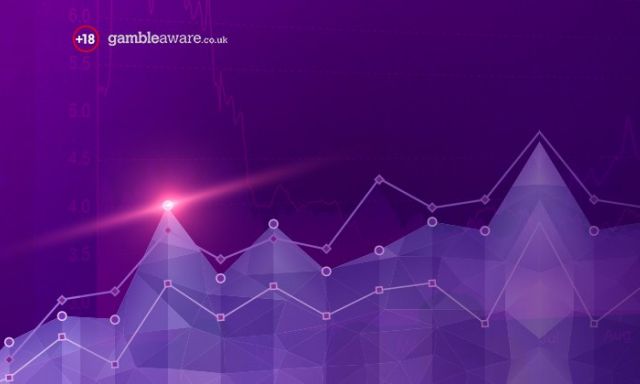The earliest evidence of gambling can be traced back to ancient China, 2300bc, where tiles were unearthed which appear to have been used as an early game of chance. Since then gambling has moved from the grand scale of Las Vegas to being a completely online activity where people all over the world are able to play their favourite games from the comfort of their homes. There are hundreds of different ways to gamble but when you break it down to its simplest form the concept is simply a game of luck where the gambler puts up some of his or her own money to stand a chance of winning a larger sum based on odds. Trading stock on the stock market has the image of also being a similar game of luck. For this reason, critics have compared it to a form of gambling, where the trader is just as likely to receive a return on investment as they are to hit a winning combination on a slot machine. Online poker, slots and craps are all examples of the most popular ways in which we gamble, the question is whether trading stock can fit into the same category?
Trading on the stock market falls under the practice of “investing”. The standard dictionary meaning of the word is “to put money to use, by purchase or expenditure, in something offering profitable returns, especially interest or income.” The ordinary dictionary meaning of “gamble” is to play at any game of chance for stakes. To stake or risk money, or anything of value, on the outcome of something involving chance; bet; wager.
From these definitions the main difference is clear. When you gamble you do not own anything, whereas in stock trading the investor buys a share of a company and then earns profit through fluctuations in the stock market.

Since gambling has moved itself online there has been some serious changes in the industry, with large sums of money moving around the world. Where there is money, there will always be criminals trying to get a share of the profits. In stock trading, everyone knows the story of Jordan Belfort aka the Wolf of Wall Street. The man was able to sell worthless shares in companies that had very little chance in succeeding to the public, who believed him due to his charismatic and persuasive personality. When selling worthless stock, he would take in 50% of every share he sold which quickly made him extremely rich. The problem? When the public wanted the return on investment promised to them, the truth was that the company they invested in was not the goldmine promised to them and in the end they all lost their money. This is an example of one very good player of the game taking advantage of players who were not as clued up. If we had to imagine trading stock as a form of gambling, those who had lost their money at the hands of the Wolf of wall Street simply fell for his bluff and didn’t have a good enough hand at the table.
The stock trader that is gambling is not a very good stock trader at all. Any good blackjack player will know that during the game there will be moments where placing larger bets makes more sense depending on what the odds are at the table. There are even those geniuses who are able to keep track of the cards that have been dealt and calculate which cards are still in the deck, by doing this they are able to predict exactly which cards are coming next. They are no longer gamblers because the expected value of making a bet is positive. Card counters are what stock traders are. Trading stock involves creating a set of rules and testing them over a large number of trades to determine the expected value of whatever your strategy is. Like counting cards, the probability of making a profit on the investment has nothing to do with chance but rather how accurate the calculations are.
Playing your favorite blackjack game at an online casino is mainly for fun unless you are part of the 1% who actually use it to earn a living. Trading stock is something which people use to earn a return on their investment regardless of how fun trading may be. Trading stock can better be described as taking a calculated risk than gambling. So as with all risks there should be some level of caution, as Warren Buffet would say “Never test the depths of a river with both your feet”.








